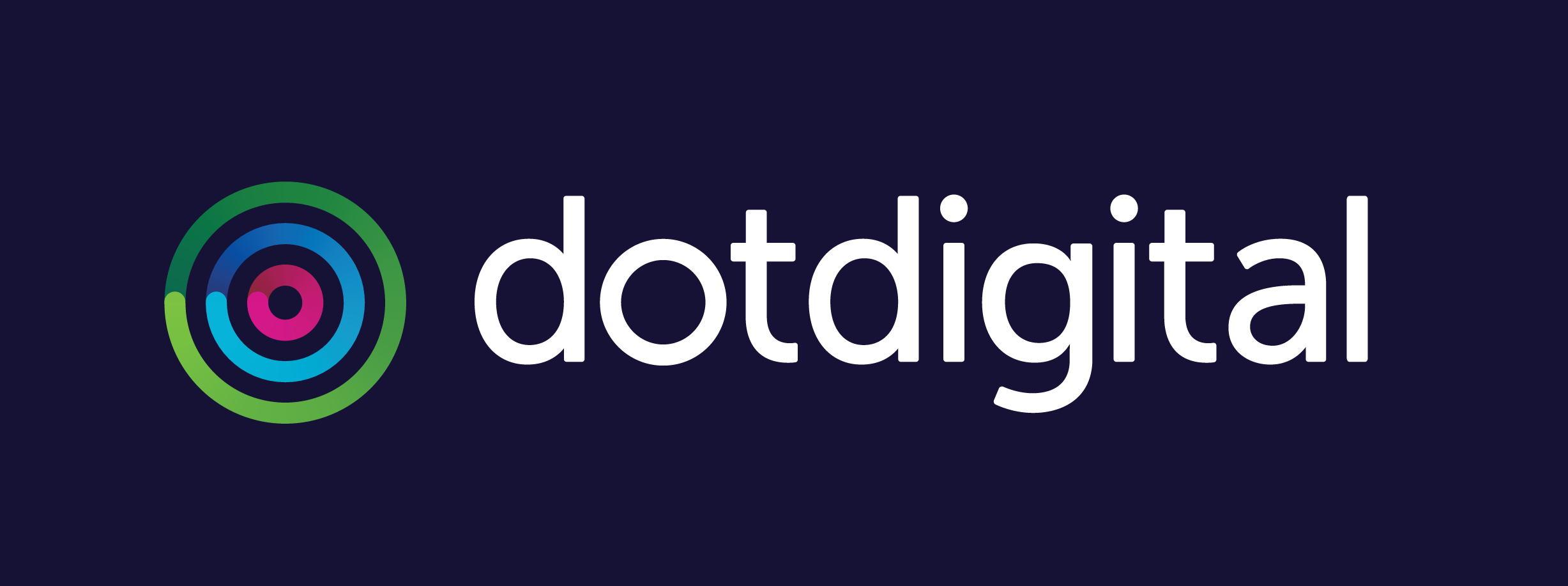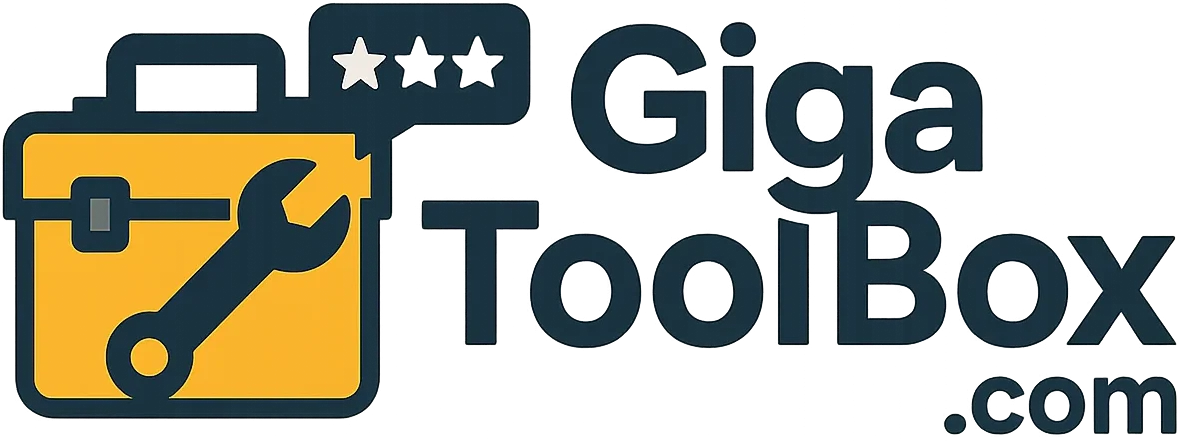
Over a six-week test cycle, I used Dotdigital to manage multi-channel campaigns for a mid-sized Shopify store, a nonprofit newsletter program, and a B2B lead nurturing workflow. I tested its automation engine, email builder, analytics dashboard, segmentation tools, and integrations across both simple and advanced use cases.
Dotdigital positions itself as a flexible, scalable platform for mid-market businesses—and for the most part, it lives up to that promise. The platform is particularly strong in its automation capabilities and user interface. But it falls slightly behind in areas like template flexibility, SMS integration ease, and behavioral segmentation compared to top-tier competitors.
Key Features (Tested in Real Campaigns)
Email Builder: Fast, Functional, but Rigid
I used the drag-and-drop email builder to create promotional campaigns and onboarding flows. While the layout was clean and stable, template flexibility was limited. I couldn’t freely manipulate column widths or break out of pre-defined structures without using custom HTML.
On the plus side, dynamic content blocks allowed me to personalize messages based on location, product tags, and engagement. Image handling, mobile previews, and testing tools were also reliable and easy to access.
Overall, the builder works well for standard newsletters and promos but can feel limiting for advanced design or brand-specific layouts.
Marketing Automation: One of the Platform’s Best Features
Dotdigital’s automation builder is visual and logic-driven. I created a welcome series, a re-engagement sequence, and a post-purchase campaign—all built using drag-and-drop actions triggered by site visits, email opens, product purchases, or form completions.
I appreciated how easily it tied into eCommerce data—product names, cart contents, and order history were usable as triggers or content fields. One automation pulled customer names and product tags into a thank-you email within 15 minutes of order confirmation.
Time delays, A/B splits, and conditional paths all worked smoothly. Automation is where Dotdigital truly competes with more advanced platforms.
Segmentation: Good for Behavior, Limited for Predictive Targeting
I created contact segments based on recent activity (e.g., last opened email, last clicked CTA), purchase behavior, and location. Segments updated dynamically and performed well in real-time testing.
However, I ran into limitations when trying to build predictive segments based on scoring or purchase probability. Dotdigital offers scoring and engagement metrics, but the tools to automate against them are underdeveloped compared to platforms with built-in AI-driven logic.
It’s great for behavioral segmentation; less so for intent-based modeling or lifecycle scoring.
Analytics & Reporting: Transparent and Actionable
Dotdigital’s reporting suite includes campaign performance, automation paths, contact engagement trends, and revenue attribution (if connected to eCommerce). I monitored open/click/bounce rates, tracked heatmaps for emails, and exported performance over time.
Revenue attribution worked well for Shopify-based emails. I could clearly see which campaigns drove product sales and which contacts were responsible. The automation performance dashboard also helped identify bottlenecks in workflows—like where subscribers were dropping out.
For small to mid-size teams, the reporting provides all essential metrics. It’s not as customizable as enterprise tools, but it’s more than enough to optimize and iterate.
Integrations: Broad but Requires Technical Help for Complex Workflows
I tested integrations with Shopify, Microsoft Dynamics, and a custom API-based CRM. Shopify and Dynamics connected easily, syncing products, contacts, and events. The custom API required developer involvement to properly format data for use in campaigns.
Dotdigital integrates with over 50 platforms including Salesforce, Magento, BigCommerce, and Google Analytics. But expect to lean on support or developers for custom workflows—native integrations are functional but not always plug-and-play.
Use Cases (Personally Deployed)
- E-Commerce (Shopify): Automated post-purchase emails, abandoned cart recovery, personalized product recommendations, and promotional blasts.
- Nonprofit: Monthly newsletter with donation asks, automated thank-you emails, and segmentation by donor engagement levels.
- B2B SaaS: Lead nurturing sequence with branching logic based on link clicks and form submissions. Used progressive profiling to capture firmographics.
Pricing Overview (Tested Plans)
Dotdigital offers flexible pricing based on number of contacts and channel usage (email, SMS, push, etc.). I used a mid-tier account with around 25,000 contacts, email and SMS usage, and a connected Shopify store.
Here’s what the pricing included:
- Full access to the email builder and automation studio
- Real-time segmentation and A/B testing
- eCommerce data syncing and revenue reporting
- Limited SMS credits (extra charged per message)
Pricing is competitive for mid-market platforms, but less transparent than usage-based models. Expect to speak with sales to get exact rates, and plan for extra billing if you heavily use SMS or API calls.
Pros and Cons (Based on Real Use)
Pros:
- Intuitive interface with fast learning curve
- Automation engine is flexible, visual, and powerful
- Good eCommerce integrations, especially with Shopify
- Detailed analytics and revenue tracking from campaigns
- Dynamic content and behavioral segmentation are smooth
Cons:
- Template customization is rigid without HTML
- Predictive targeting and advanced segmentation feel underdeveloped
- SMS and API usage can rack up extra costs quickly
- Integration depth varies—custom setups require dev support
- Not ideal for users needing deep personalization at scale
Final Verdict (After 6 Weeks of Testing)
Dotdigital is a solid mid-market marketing platform that checks most of the right boxes for growing teams. If you’re an eCommerce brand or mid-size B2B business looking for professional-grade automation and reporting, it delivers value without overwhelming complexity.
It’s not the flashiest tool, and power users may run into friction with design constraints or lack of AI segmentation. But for organizations focused on efficiency, reliability, and integrated campaign execution, Dotdigital offers a balanced solution.
Rating: 7.8/10 — Best for mid-sized eCommerce and B2B teams seeking robust automation and solid data integration without jumping to enterprise-grade complexity.
